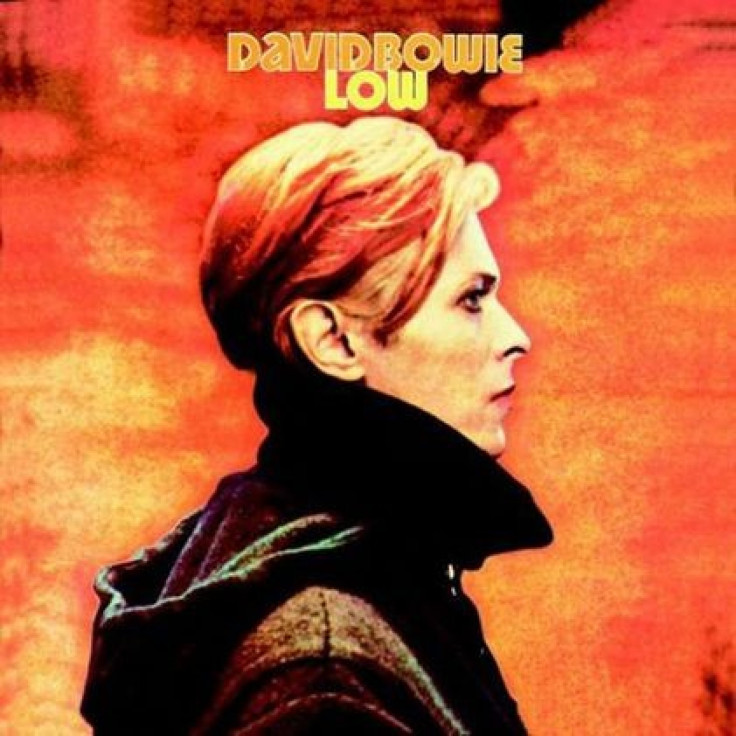The Berlin Wall: David Bowie?s Greatest Muse

The Berlin Wall, which marks its 50th birthday this weekend, has appalled and inspired many travelers and artists over the years. But perhaps no significant foreign artist is more associated with the Wall (and Berlin itself) than British rock superstar David Bowie.
In 1976, after living the drug-soaked, high-life of mega-stardom for about four or five years, Bowie shocked the world by suddenly relocating to West Berlin, which was then a dreary and drab place deeply engulfed in Cold War paranoia.
Observers were puzzled as to why the 29-yearold Bowie would forsake the bright lights and glamour of London, New York and Hollywood in favor of dark, brooding, foreboding Berlin.
But those who wondered probably missed the point of Bowie’s music in the first place.
Berlin was the center of German expressionism, political alienation, anarchic and hedonist art, espionage, nihilist violence, and the depressing, oppressive, atmosphere of post-industrial decline – all themes that Bowie had already addressed in his music.
West Berlin (which was located entirely inside of Communist East Germany) was also a bizarrely isolated, claustrophobic city that seemed to exist in a lonely vacuum – figuratively and literally disconnected from the rest of the western world,
What better place for someone like Bowie to reside in?
The Wall itself (always covered with graffiti and manned by fierce, if often bored, East German guards) was a metaphorical separation between two worlds that actually had more in common than anyone would admit.
It was also a place of death – East Germans and others from the Communist bloc who sought to traverse the wall in order to reach the West were frequently shot down by East German border guards with total impunity.
Bowie spent three years in Berlin – creating trilogy of masterful albums unlike he (or anyone else) had ever produced before: ‘Low,’ ‘Heroes’ and ‘Lodger.’
The song ‘Heroes’ refers directly to the Wall -- it is ostensibly about two lovers who meet secretly by the Wall under the watchful eye of border police: "I, I can remember, Standing, by the Wall / And the guns shot above our heads, And we kissed as though nothing could fall / And the shame was on the other side/ Oh we can beat them forever and ever / Then we could be Heroes just for one day."
Bowie was also obviously influenced and inspired by the breathtakingly groundbreaking music of German techno-pop band like Kraftwerk and Neu! Their hypnotic, synthesized pulsating sounds became a framework for Bowie to build upon.
While in Berlin, Bowie also collaborated with American punk pioneer Iggy Pop and produced his two greatest albums: ‘The Idiot’ and ‘Lust for Life.’
Bowie himself told Vogue magazine: "Berlin is at the centre of everything that is happening and will happen in Europe over the next few years."
Tobias Ruther, a German journalist, who wrote a book about Bowie’s tenure in Berlin once said: "Lots of people went there to find something, mainly about themselves. That's what Bowie did. Berlin changed him. He left behind him all those personae of the early albums, Ziggy Stardust and so on, and - apart from the music - he painted. He was totally inspired by Berlin as an art city.”
More than a decade later, in June 1987, Bowie performed a concert in front of the Reichstag building in Berlin, right next to the Wall. At that performance, he told the audience: "We send our best wishes to all our friends who are on the other side of the Wall."
Reportedly, hundreds of East Berliners could hear his message on the other side and many were compelled to charge the Brandenburg Gate. Although their movements were barred by police, it is instructive to know that the Wall collapsed just two short years later.
© Copyright IBTimes 2024. All rights reserved.











